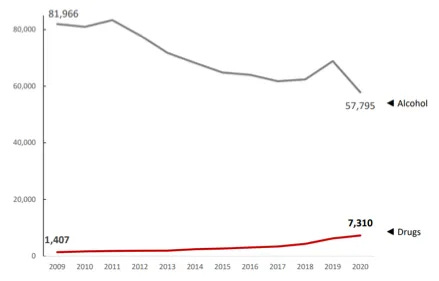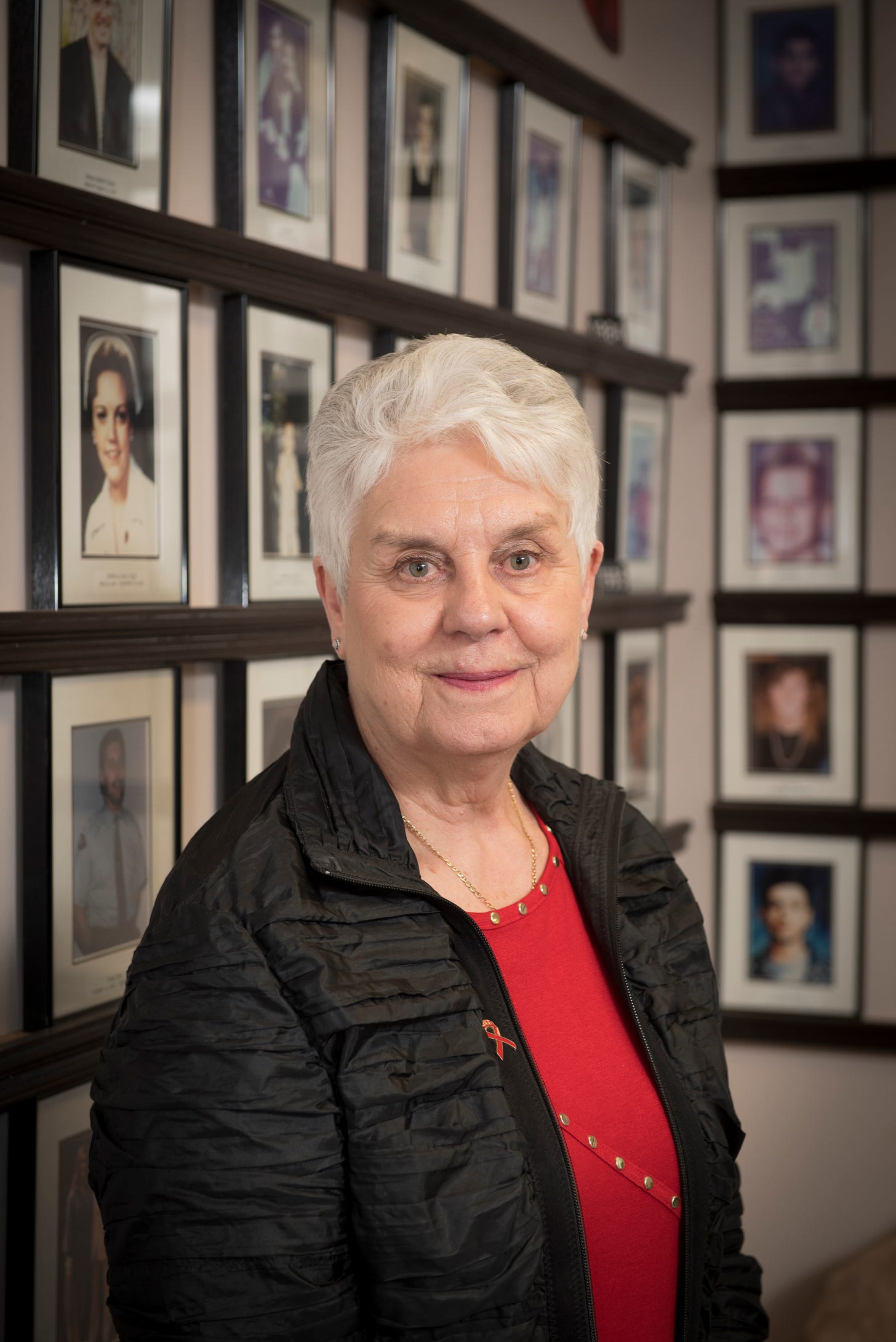How MADD Canada makes our roads safer
Drunk driving is the leading cause of criminal deaths in Canada. Learn how a group of grieving mothers changed the course on impaired driving, creating a community of support and social change.
Hello and welcome to the last issue of 2022 Humber Views. Do not be too sad, it was a great time and we promise this issue is another good one. So please, join us in learning about a group which has done so much good for society.
Today we will look at the game-changing non-profit organization Mothers Against Drunk Driving Canada (MADD Canada). MADD Canada is a powerhouse group which has actively helped hundreds of thousands of people, and has significantly decreased impaired driving cases.
— Megan & Ishmeet
How we got MADD: a game-changer against impaired driving
Since its founding in 1989, MADD Canada has not only been a voice for spreading awareness but also actively contributed to creating legislation for drunk and high driving. MADD Canada has directly and significantly decreased impaired driving charges and license suspensions due to impaired driving.
In Ontario in 2010, there was a combined total of 32,509 suspensions and charges due to impaired driving. In 2019, there were 23,026 combined charges and suspensions — almost 10,000 fewer!
The organization is chartered in provinces across the nation, including Ontario, Alberta, B.C, Manitoba, New Brunswick, Newfoundland and Labrador, Nova Scotia, P.E.I, Quebec and Saskatchewan; resulting in MADD Canada.
Meet Carolyn
We spoke to Carolyn Swinson, former MADD Canada President and current volunteer of the MADD Toronto chapter. Swinson said MADD Canada has greatly decreased impaired driving collisions through a variety of effective advertising, community and victim support, and programs like Project Red Ribbon.
“We have targeted things we know will make a difference,” Swinson said.
Swinson’s Message
“We all have to be responsible for our own actions, we can be told time after time after time that you shouldn’t do things. I think that far too often I hear people saying ‘It was just because, or I was just going five minutes down the road.’ I think that our message is that it doesn’t matter. MADD is not against alcohol. But if you’re going to do that, don’t get behind the wheel of a car afterwards. You need to know how you’re getting home safely. If you’re a kid, please call your parents. They’d rather you call them at two o’clock in the morning rather than a police officer knocking on the door. Bottom line is you have to be responsible for your own actions.” -Carolyn Swinson, former President of MADD Canada.
Project Red Ribbon
Every year MADD hosts Project Red Ribbon, a collaboration with police forces and, this year, with the TTC. The campaign runs from November 1 to the first Monday of the new year. The project is launched around the holidays, a record-high time for impaired driving incidents.
📺 Watch our video below for a walk-through of this year’s Project Red Ribbon launch with the TTC, where we talk to victims’ families and friends. Also hear from Toronto Police Sergeant Kerry Schmidt and other authorities.
The impact: Alcohol and drug related suspensions and charges
According to Swinson, MADD Canada was heavily involved with the impaired driving legislation when marijuana was legalized in 2018. Drug impaired driving collisions reported by authorities have increased over time since marijuana’s legalization in 2018. However, alcohol-impaired driving collisions significantly dropped.
Ontario total suspensions and charges

Canada’s total suspensions and charges

The numbers are similar nationally. In Canada in 2010, there were 98,289 combined charges and suspensions. In 2019, there were 86,964 — again almost 10,000 less.
Fig 1: Trends in annual, police-reported, impaired-driving incidents in Canada (total, alcohol and drugs

Since MADD’s founding in 1989, there has been a clear decrease in impaired driving incidents.

Social Activism: Programs, Bursaries and Youth Outreach
The highest rate of impaired driving-related deaths in Canada is between the ages of 16-24. In response, MADD Canada visits high schools across the country, educating teenagers about the dangers of drunk and high driving. In every provincial visit, victims’ families share their stories and MADD Canada’s yearly multimedia campaign video is shown.
MADD Canada also has an R.V., which travels yearly around Ontario and Saskatchewan, the provinces with the highest number of impaired driving collisions, educating young children in elementary schools about the effects of alcohol and alcohol consumption. The R.V. is transformed into a classroom where young kids can easily sit and learn.
The bursaries MADD offers are to children whose parent/s or guardian/s were victims of impaired driving. Swinson said MADD usually distributes three bursaries a year — one $8,000 bursary and two $2,000 bursaries. The amount of yearly bursaries depends on the amount of donations, respectfully. Swinson said some years they have more than three bursaries.
As the holidays approach, please keep MADD’s message in mind for you and your loved ones.
Thanks so much for tuning in to 2022 Humber Views!
Related Reading
Video: (Disclaimer: some viewers may find this video emotionally disturbing) MADD Canada—PSA—Impact—Victim Support
Article: https://www.verywellmind.com/drunk-driving-the-dangers-63002
About the authors
Megan Bocchinfuso (she/her) is a senior fourth-year Bachelor of Journalism student at Humber College. She is a freelance journalist, newsletter coordinator, and florist. She loves writing about local stories in Toronto and is passionate about fashion and social and gender equity. Reach her through email at meganboccC@gmail.com.
Ishmeet Singh (he/him) is a final year Bachelor of Journalism student at Humber College. He is a passionate photographer, writer, documentary filmmaker and a cook. He was born in New Delhi, India and calls Toronto home. His interests include reporting for marginalized communities through investigative and broadcast journalism. You can reach him through email at ishimeetsingh@gmail.com and Twitter.









